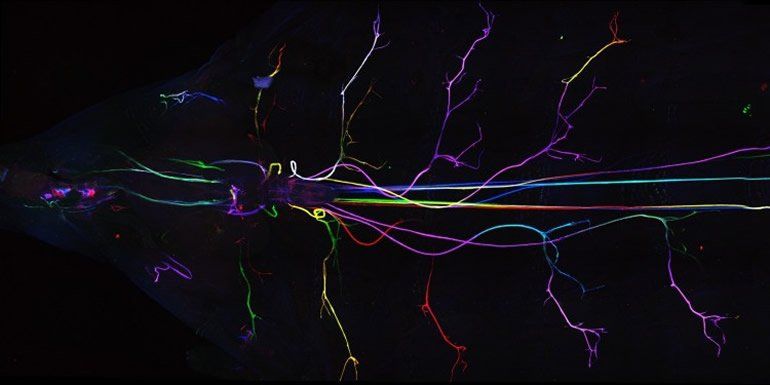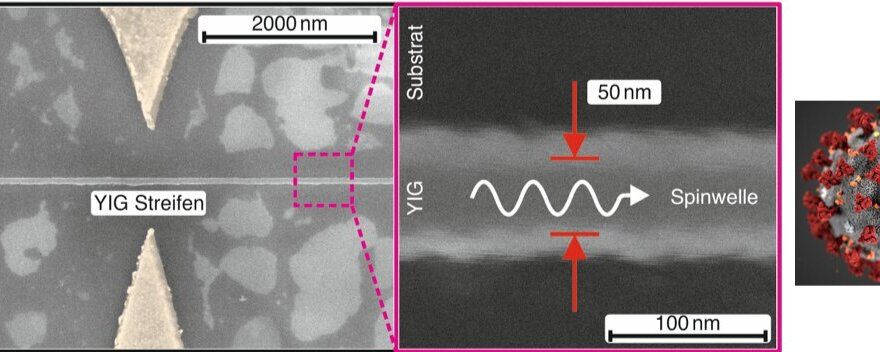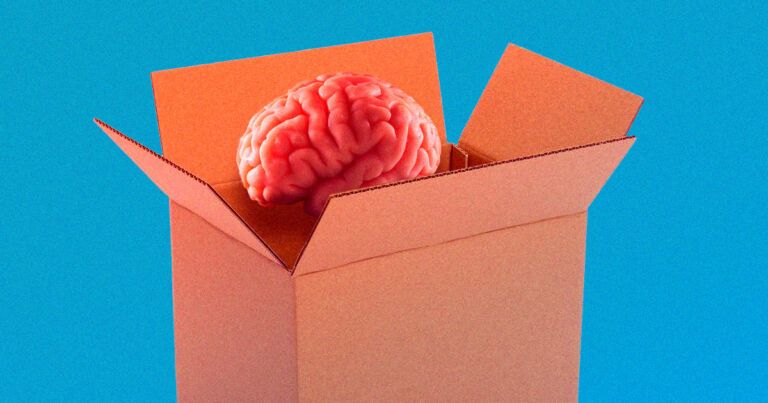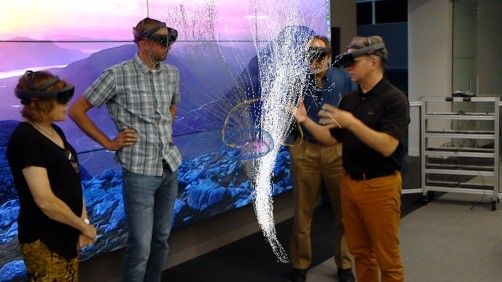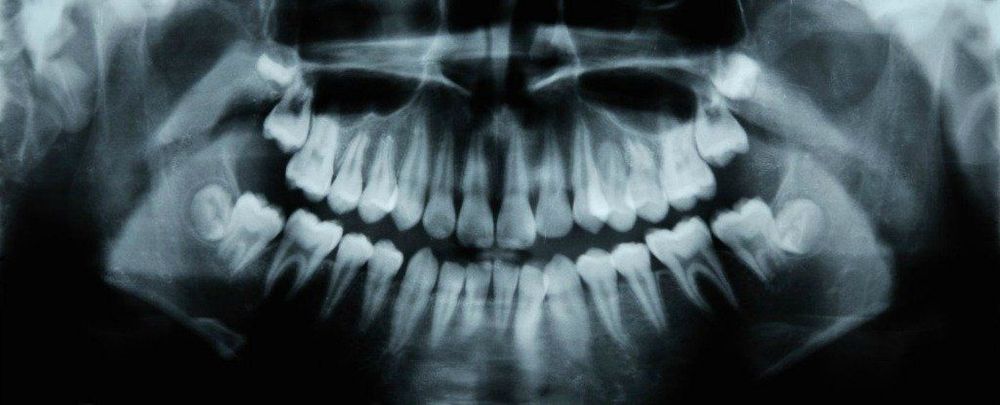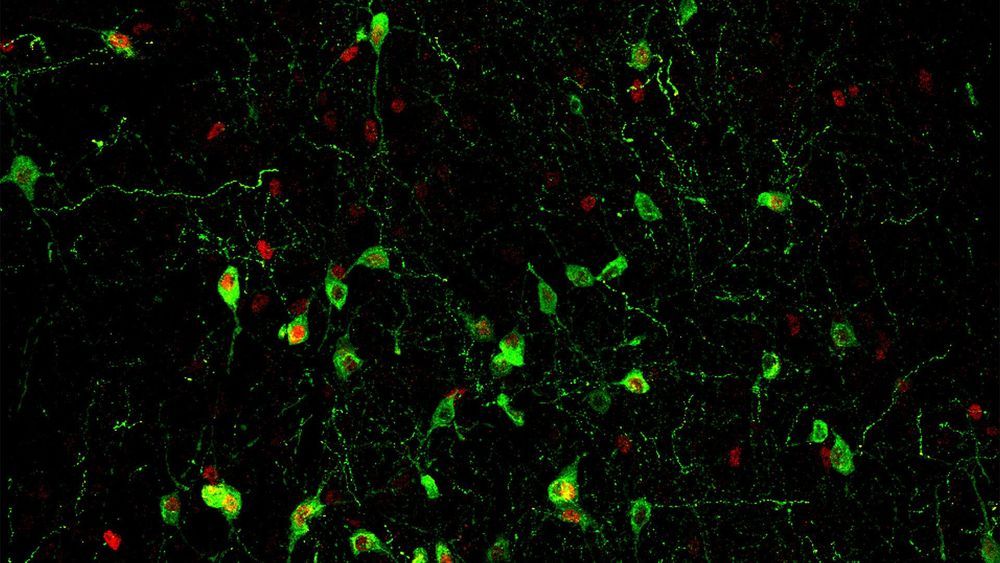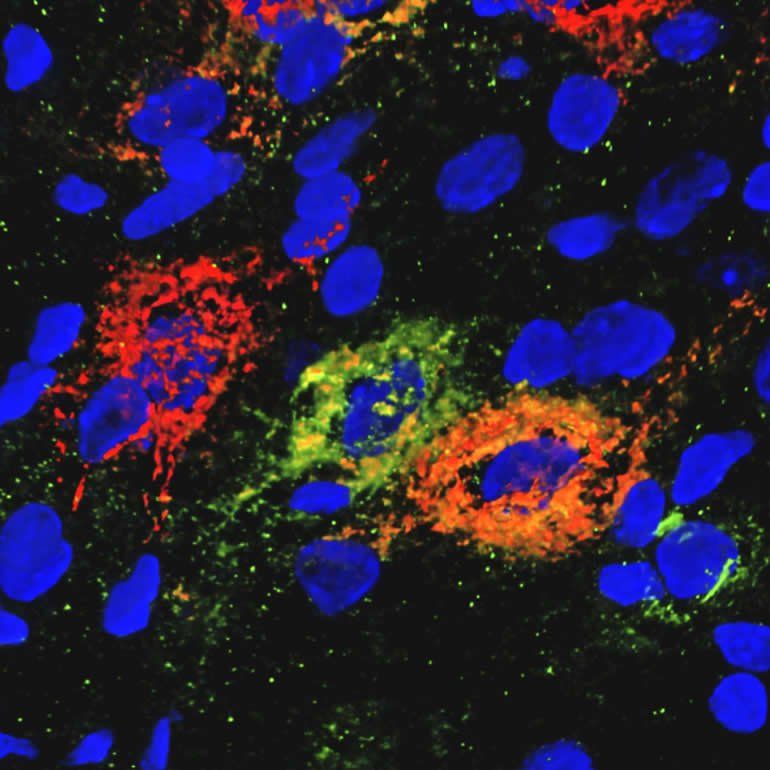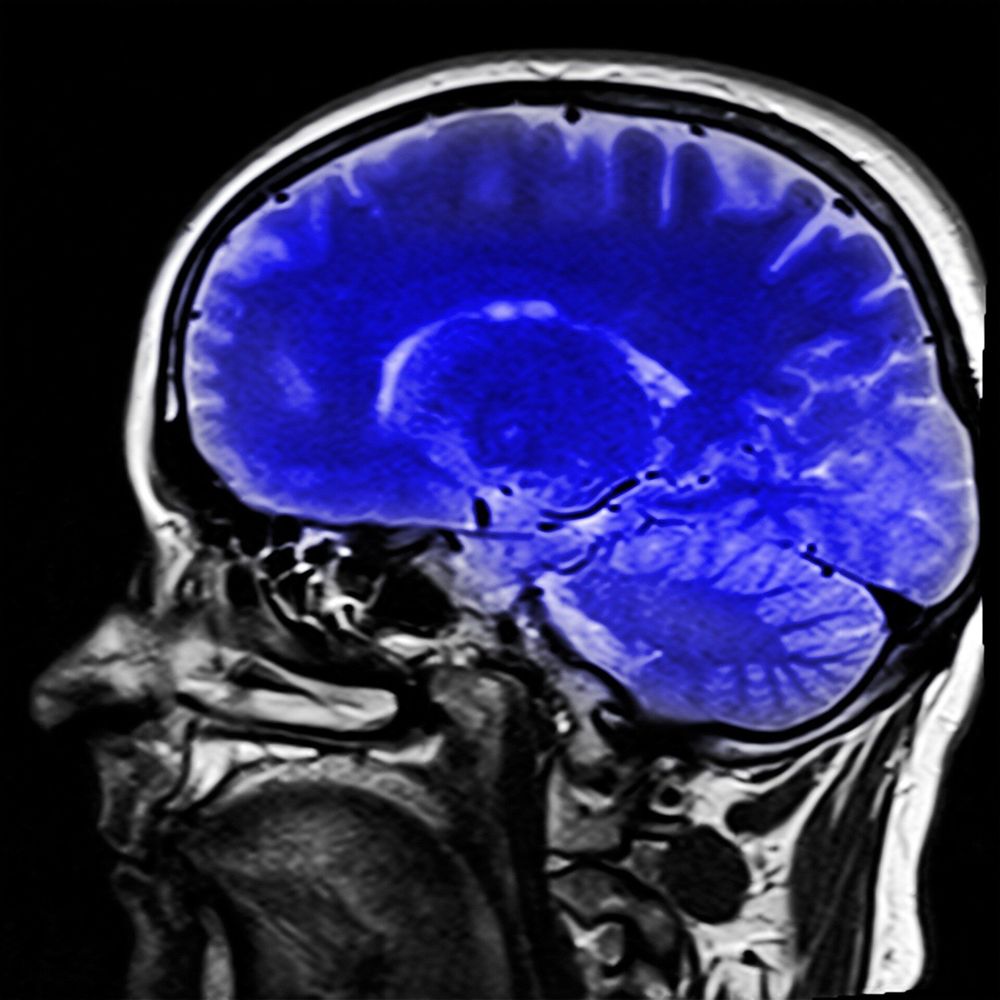People who were children when their parents were divorced showed lower levels of oxytocin — the so-called “love hormone” — when they were adults than those whose parents remained married, according to a study led by Baylor University. That lower level may play a role in having trouble forming attachments when they are grown.
Oxytocin — secreted in the brain and released during bonding experiences such as delivery of a baby or sexual interaction or nursing, even being hugged by a romantic partner — has been shown in previous research to be important for social behavior and emotional attachments in early life. The oxytocin system also has been linked to parenting, attachment and anxiety.
The new study, published in the Journal of Comparative Psychology, delves into an area that has not been well researched — a link between oxytocin, early experience and adult outcomes.
“Since the rates of divorce in our society began to increase, there has been concern about the effects of divorce on the children,” said lead author Maria Boccia, Ph.D., professor of child and family studies at Baylor University in the Robbins College of Health and Human Sciences. “Most research has focused on short-term effects, like academic performance, or longer-term outcomes like the impact on relationships. How divorce causes these effects, however, is unknown.
“Oxytocin is a neurohormone that is important in regulating these behaviors and is also sensitive to the impact of stressful life events in early life,” she said. “This is a first step towards understanding what mechanisms might be involved.”
Previous studies of children whose parents were divorced have found that the experience was associated with mood disorders and substance abuse — behaviors found to be related to oxytocin, Boccia said. Additionally, such childhood experiences as divorce or death of a parent are associated with depression and anxiety in adolescents and adults, as well as with poorer parenting in adulthood, less parental sensitivity and warmth, overreaction and increased use of punishment.
Researchers in the Baylor study examined the effect of the experience of parental divorce in childhood on later adult oxytocin levels. They also asked participants to complete a set of questionnaires on attachment style and other measures.
“What we found was that oxytocin was substantially lower in people who experienced parental divorce compared to those who did not and correlated with responses on several measures of attachment,” Boccia said. “These results suggest that oxytocin levels are adversely affected by parental divorce and may be related to other effects that have been documented in people who experience parental divorce.”
